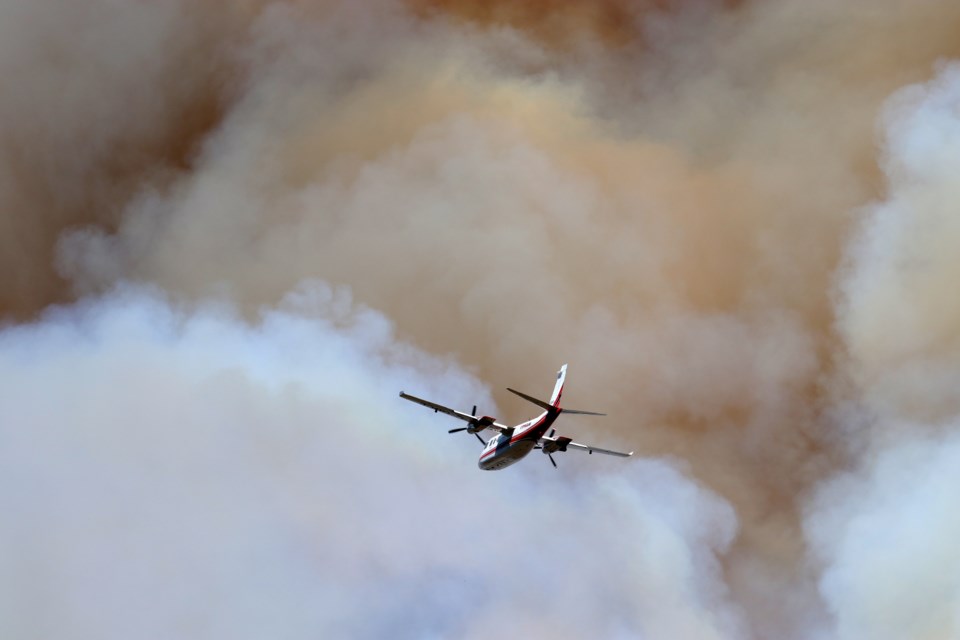With some emergency centres across the province reaching full capacity during this wildfire season, Emergency Management B.C. is asking those who have self-evacuated to larger communities because of smoke to return home.
A release sent out last night acknowledged that while exceptions have been made during this summer, emergency social services are intended for those on evacuation order. If you haven't been told to evacuate, they would like you to return to your house to create space for those who are under order.
"Because smoky conditions shift and move, self-evacuating to another community does not guarantee a person’s exposure will be reduced, and unnecessary relocation or travel will only add stress and anxiety that can also have negative health effects," says the release from Emergency Management. "Due to weather patterns, in many cases the smoke conditions in major urban centres are worse than the areas residents have left."
A large number of evacuees are converging on Prince George, as a result of wildfires near Fraser Lake and according to city hall "(lodging) availability is fluctuating daily."
If you aren't on evacuation order and are worried about smoke levels, Emergency Management B.C. recommends the following:
- Stay indoors and keep the air clean (windows/doors closed, no smoking, no burning fireplaces/candles/incense, no vacuuming).
- Reduce the amount of time spent outdoors. Avoid vigorous outdoor activities.
- When in a vehicle, keep windows closed with air conditioning set to recirculate.
- Visit places with controlled air supply, such as shopping malls, swimming pools, public libraries, etc.
- People with asthma, or other chronic illnesses, should ensure they have an adequate supply of inhalers/medication, and should activate their asthma or personal protection plans.
- Visit HealthLinkBC: https://www.healthlinkbc.ca/
- Call 811 (non-emergency) or visit your health practitioner for non-emergency medical assistance.
- Call 911 only during an emergency, e.g., if someone is having difficulty breathing, or is in cardiovascular distress.



